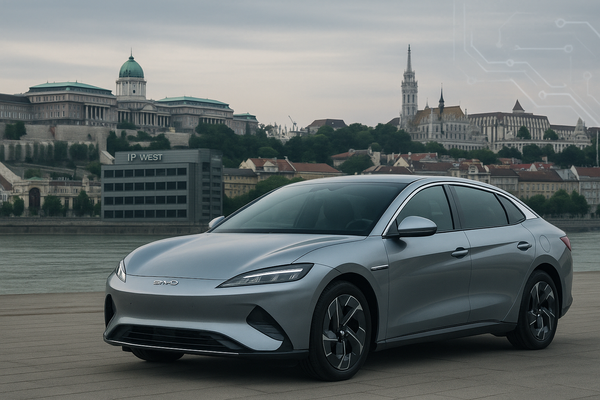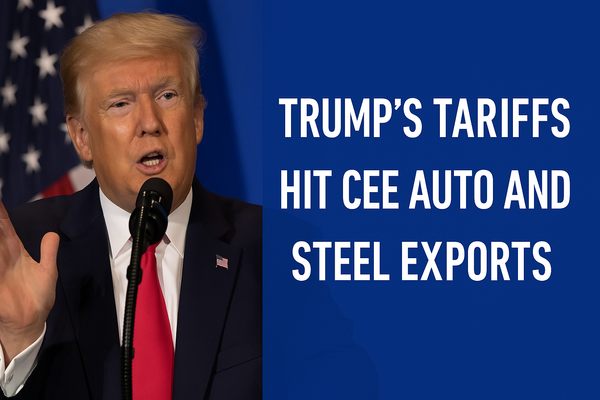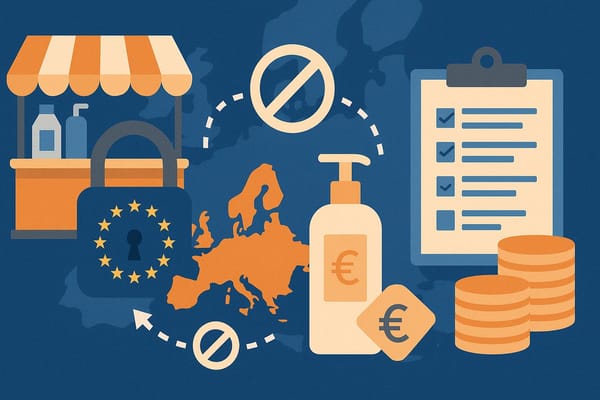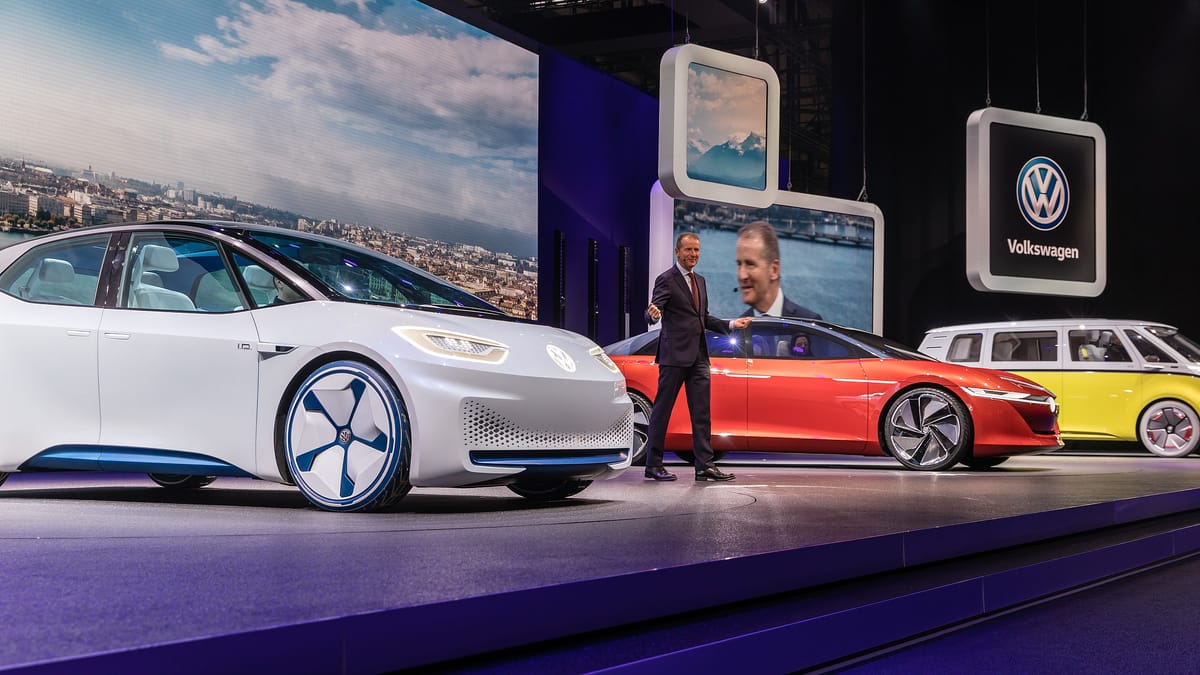
As EU slaps new tariffs on Chinese BEVs, VW rolls out 'gamechanging' electric vehicle
The European Commission (EC) has announced that it will impose additional import tariffs on Chinese battery electric vehicles (BEVs) following a vote among member states on Friday, 4 October, after a year-long investigation. The EC, which suspects China of undercutting European carmakers by subsidising its EV industry, wrote that it had obtained the necessary support for the tariffs from EU member states.
Of the EU-27 countries, 10 voted in favour, 12 abstained, and 5 dissented, including 3 from Central and Eastern Europe: Hungary, Slovenia and Slovakia, as well as Germany and Malta. “EU members states opposing the tariffs… failed to reach the necessary majority to block the proposal,” the EC noted.
Hungarian Prime Minister Viktor Orban, wrote on X that the move is “a huge blow for the European economy and for the automotive industry in Germany. Germany and European industry can no longer convince the Commission to be reasonable. But then, who can?”
Hungary has opened a number of Chinese EV battery manufacturing plants and late last year announced that BYD, one of China’s largest EV makers, will open its first European plant in Szeged, south Hungary. “What they’re making us do, what the EU is doing, is an economic cold war. This is the worst thing that can happen to Europe,” Orban told Hungarian state radio.
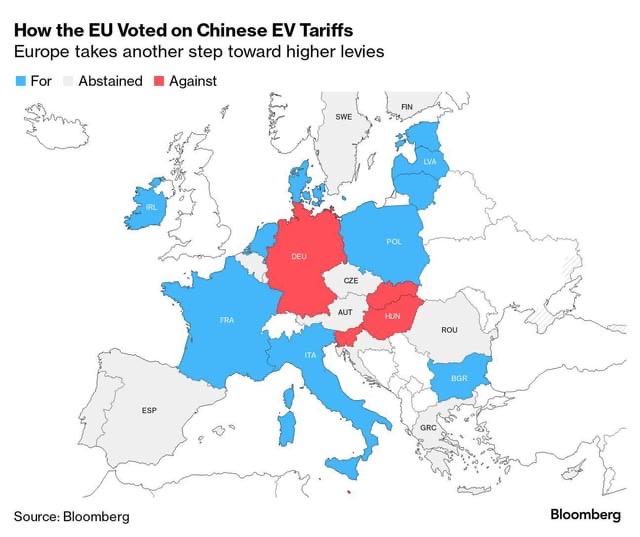
Germany unhappy with tariffs, but fails to secure support
On top of the existing 10% on imported EVs, the further tariff rates would depend on the levels of compliance and subsidies received, for instance around 17% for BYD and 35.3% for SAIC Motor Corporation Limited. The investigation findings must be officially published by 30 October 2024.
Germany was second only to China in manufacturing EVs last year, when the Asian country represented one-third of its sales. Facing falling demand and rising costs, the German auto industry fears that these tariffs could negatively impact its position in the global EV market. However, Europe’s largest economy failed to find the 14 EU allies required to achieve a qualified majority (65% of the bloc’s population).
German Finance Minister Christian Lindner tweeted that the EC “should not trigger a trade war despite the vote in favour… we need a negotiated solution.” Automotive giants BMW and Volkswagen (VW) also oppose the move, warning that the tariffs could deal a “fatal blow” to the EU auto industry. Both companies criticised the decision, arguing that it undermines free trade, could slow the clean energy transition and ultimately harm European manufacturers overall.
Nevertheless, attempts to avoid the tariffs may continue to be discussed until 30 October with China, which denies covert subsidies and has dismissed the imposition of tariffs as a “naked protectionist act”. The EU and China “continue to work hard to explore an alternative solution that would have to be fully WTO-compatible” and “monitorable and enforceable”, the EC wrote.
Skoda releases relatively ‘affordable’ electric SUV model
In parallel with the EC’s move, Skoda, an originally Czech brand under Volkswagen AG, has launched the Elroq, which it describes as an “affordable electric SUV priced at EUR 33,000” and sees as an attempt to reshape the market amidst growing competition from Chinese firms and US company Tesla.
Skoda CEO Klaus Zellmer has described the Elroq as a potential “game changer” due to its comparable price to traditional combustion-engine models. Many European consumers have been hesitant due to the high prices of EVs, especially since the removal of government subsidies in markets such as Germany. Zellmer said the Elroq’s price is pivotal to Skoda’s EV ambitions, positioning it to outsell its own luxury SUV EV Enyaq.
A strategic advantage lies in Skoda’s lower production costs, particularly in Czechia and China, allowing it to undercut competitors such as the Volkswagen ID.4 (EUR 48,000) and BYD’s Atto 3 (EUR 38,000). Meanwhile the Elroq’s 348-mile range is higher than Tesla’s Model Y. Other features include a rear-view camera, Chatgpt-powered AI voice assistant, and rapid charging.
Skoda is looking to expand its footprint in high-growth markets such as India and Vietnam, with production hubs planned for both countries. This strategy reflects a broader trend of European automakers seeking to move into regions less exposed to competition from Chinese manufacturers.

